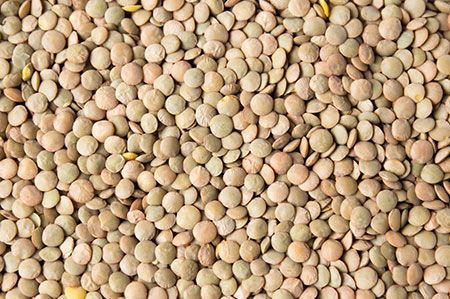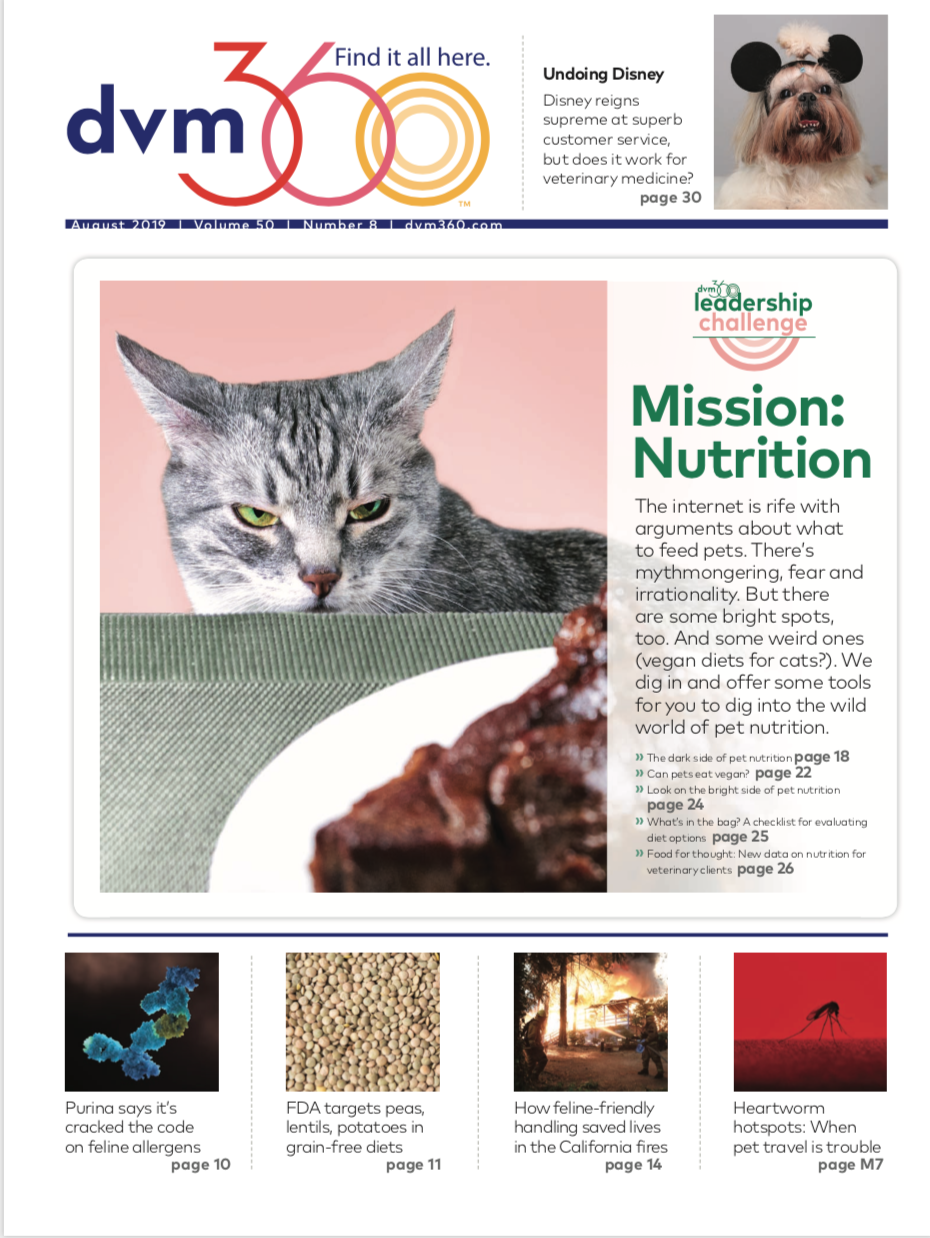FDA targets peas, lentils, potatoes in investigation of grain-free diets and DCM
Agency looks for links between certain ingredients, specific brands and veterinarian-diagnosed cardiac issues in the 500-plus case reports it has received.
creativefamily/stock.adobe.com

Ninety-three percent of "grain-free" products reported to the FDA in regards to DCM cases contains peas and/or lentils (pictured above). The FDA recently issued an update to its investigation into the potential connection between certain diets and dilated cardiomyopathy (DCM) in dogs. The agency is particularly targeting diets that list peas, lentils, other legume seeds and potatoes within the first 10 ingredients on the label. Also included in this update is a list of pet food brands most commonly named in DCM cases reported to the FDA.
Between Jan. 1, 2014, and April 30, 2019, the FDA reports, it received 524 reports of DCM as diagnosed by a veterinarian-515 for dogs and nine for cats. Because some reports include more than one affected animal in the same house, the total number of pets affected is greater than 524, according to an FDA release.
The FDA has been examining the labels of products associated with these DCM cases to determine the ingredients used and whether the products counted as “grain-free” (which the agency defines as not containing corn, soy, wheat, rice, barley or other grains). According to the release, “More than 90 percent of products were ‘grain-free,' and 93 percent of reported products contained peas and/or lentils. A far smaller proportion contained potatoes.”
The FDA also analyzed the reports for pet food brands named at least 10 times in the 524 reports, although the agency emphasizes that no causal links have been identified. Here are the brands associated with at least 10 cases of DCM:
- Acana (67 cases)
- Zignature (64 cases)
- Taste of the Wild (53 cases)
- 4Health (32 cases)
- Earthborn Holistic (32 cases)
- Blue Buffalo (31 cases)
- Nature's Domain (29 cases)
- Fromm (24 cases)
- Merrick (16 cases)
- California Natural (15 cases)
- Natural Balance (15 cases)
- Orijen (12 cases)
- Nature's Variety (11 cases)
- NutriSource (10 cases)
- Nutro (10 cases)
- Rachael Ray Nutrish (10 cases)
Some dog breeds have a genetic predisposition to DCM, but the reports received by the FDA span a wide range of breeds, including those with no genetic predisposition, according to the release. The FDA has not yet established why these diets may be associated with the development of DCM. See the FDA's DCM investigation page for more information.
In the meantime, the agency is encouraging pet owners to work directly with veterinarians or board-certified veterinary nutritionists to choose an appropriate diet for their pets. Both pet owners and veterinary professionals should continue to report cases of dogs and cats with DCM that could be linked to diet. To report, use the online Safety Reporting Portal or call your state's FDA consumer complaint coordinator.
See the dvm360 guide to recalls and adverse event reporting for more information on how to file a complaint and stay abreast of recalls and other happenings.
